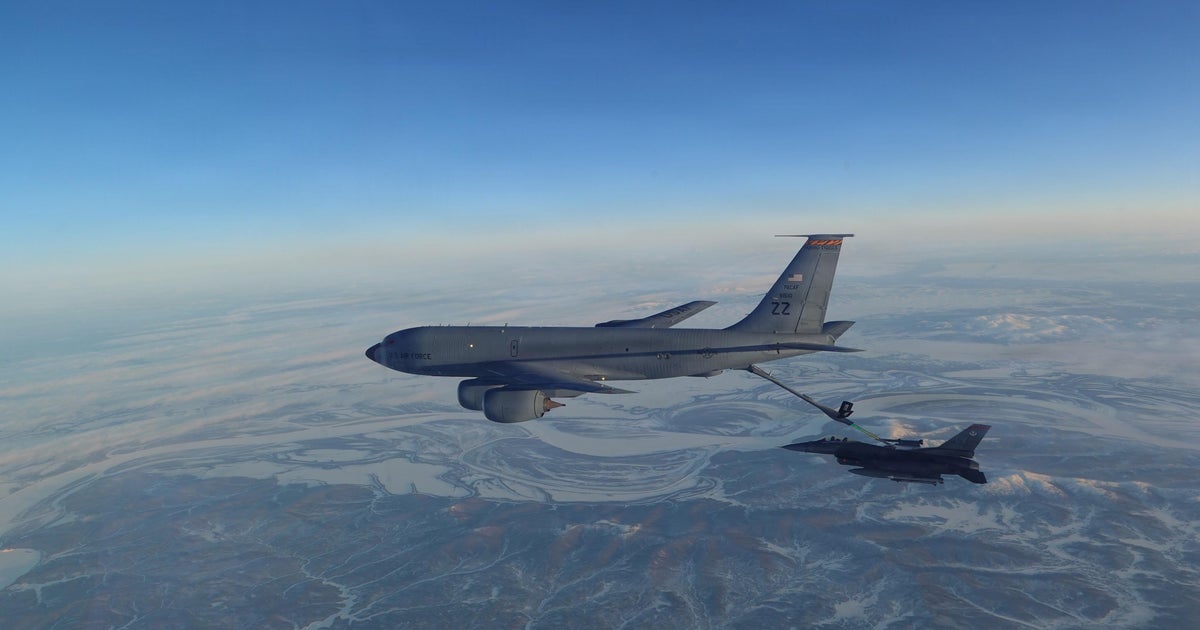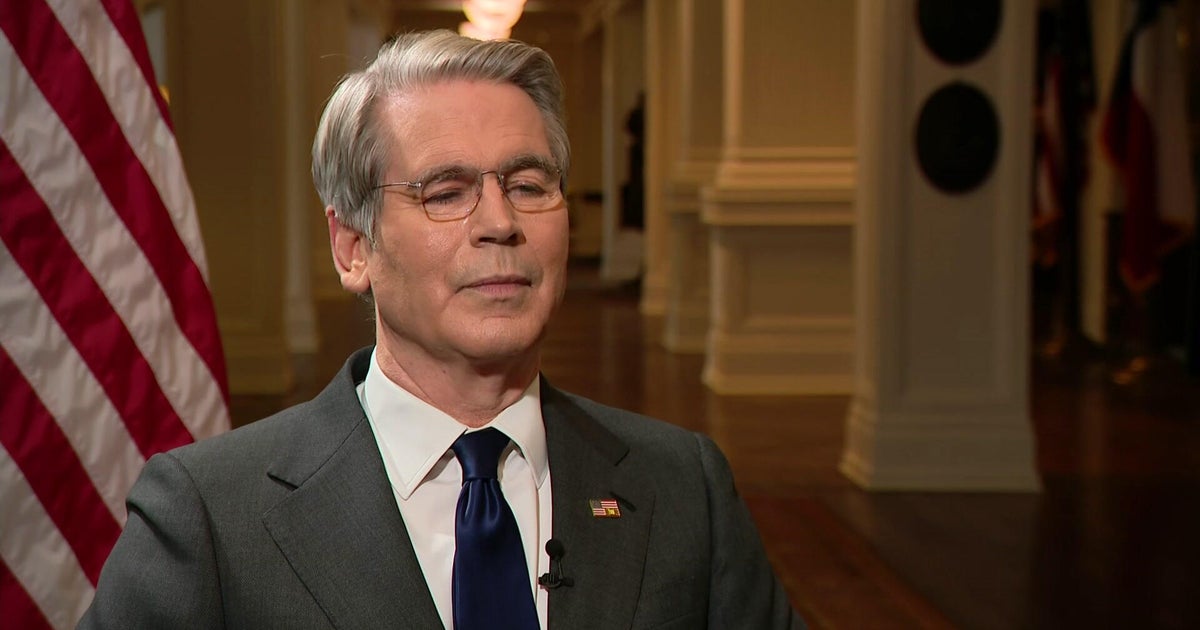Are the sanctions on Russia enough to stop Putin's war?
The U.S. and a number of European governments are targeting Russia with a wide range of financial and economic sanctions aimed at pressuring the country to end its war in Ukraine. Such measures include freezing the Russian central bank's foreign assets held in overseas accounts, banning U.S. imports of Russian oil, and seizing real estate, yachts and other property belonging to Russian oligarchs with ties to Russian President Vladimir Putin
Hundreds of western companies have also shut down their operations in Russia, while economists predict that the international response could tip the country into recession and even force it to default on its sovereign debt. Despite those risks, Putin has shown little sign of relenting, leading some experts to question the efficacy of certain sanctions,
Tania Babina, a Ukrainian economist and assistant professor of business and finance at Columbia Business School, told CBS News the reasoning behind some of the sanctions is flawed. For example, seeking to punish Russian financial elites by confiscating their wealth is unlikely to sway Putin, saying such hopes underestimates his power.
"The first narrative is that the oligarchs somehow are going to somehow miss their yachts, and they're going to become angry and will stop Putin," Babina said. "The assumption here is that it's oligarchs that control Putin, when in reality it's Putin, his KGB and state police who run the state, and oligarchs are just puppets who run his empire. So that's one wrong assumption."
Another misconception is that corporations withdrawing from Russia will help galvanize public opposition to the Ukraine war, Babina said. "The second wrong assumption is that somehow Russian people will miss their McDonald's and they will go in millions and protest against Putin. But the reality is that the majority of Russians support this war because they are brainwashed."
Putin's control over media in Russia also must be taken into account in assessing the impact of sanctions. Julia Ioffe, who has covered the Kremlin for more than a decade and is a founding partner of the news site Puck, told CBS News that two-thirds of Russians support the invasion "because the war that they're approving of is not the actual war that's happening."
"One thing we need to know about Russians is they are more idealistic than materialistic. If they think they are saving their brothers from Nazis, they can take a lot of pain," Babina added.
Purchasers of Russian oil and gas continue to finance Putin's war, with energy accounting for roughly 70% of Russia's exports.
"I think we need to rethink here what the West can do, and there is no other bigger, more impactful thing than to stop buying Russian oil and gas," Babina said.
Babina also thinks Putin may have designs beyond Ukraine.
"His problem is not only with Ukraine — he was pretty clear his problem is with NATO in December. For some reason the western civilization does not take his ambitions seriously," she said.



